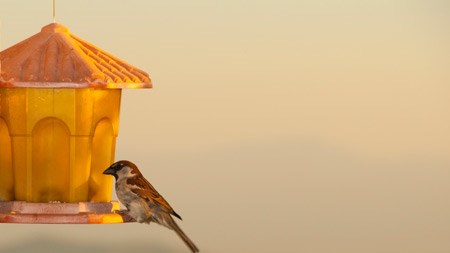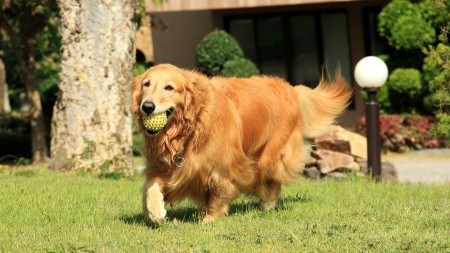Many people in South Africa are fond of keeping birds as pets, but could you run fowl of the law by keeping one on your property?
Able to do the one thing we all wish our cats and dogs could do, birds offer all of the companionship value of our furry friends with the bonus of being able to respond to us in a language we can actually understand.
Are you breaking any laws by creating a home for your feathered friend?
“Animal by-laws vary according to each city council, so it’s advisable to get in touch with your local municipality before you purchase any pet that could potentially be considered as either exotic or wild,” suggests Adrian Goslett, Regional Director and CEO of RE/MAX of Southern Africa.
Though laws are slightly nuanced across the country, the basis of the laws generally remain the same. According to the Western Cape Government website: “Birds in captivity only need a permit if the bird species is classified as protected or endangered”. This rule is much the same across the nation. If you did want to keep a bird that belongs to either of these categories, then you will have to apply for a permit. Most local pet shops ought to be aware of the process required for applying for such a permit.
According to Modimolle Local Municipality by-laws, homeowners may keep birds in residential areas as long as they “take effective measures for the prevention of harbouring and breeding of and for the destruction of flies, cockroaches, rodents and other vermin; and maintain the premises free from offensive odours arising from the keeping of birds and poultry; and ensure that poultry or birds do not disturb or hinder the comfort, convenience, peace or quiet of the public.” These conditions are much the same in most other municipal by-laws.
In short, what these laws mean is that, apart from ensuring the health and safety of your pet, your keeping a bird in your home cannot in any way lead to the discomfort of your neighbours. Noise complaints are one of the most frequent issues faced when owning a parrot. As a form of illegal behaviour, you can be fined or even arrested if you fail to address the issue when faced with a neighbour’s complaint against the noise.
Read more: Noisy, nuisance neighbours - know your rights
To keep your bird from making too much noise – keeping in mind that it is part of their natural instincts to chirp throughout the day – you need to keep you bird in a calming environment. The more stressed or anxious a bird feels, the more noise it will make. Store your birdcage in quiet room away from jarring sounds and street noise, as well as away from your neighbours’ earshot. Keeping a blanket over the cage will also help to lull Polly Parrot into a peaceful sleep whenever she gets a bit too enthusiastic with her squawking.
“My advice to homeowners who want to keep birds as pets is to avoid sectional titles. The proximity to your neighbours in these kinds of homes inevitably results in complaints of some kind. Beyond that, most sectional titles are governed by HOAs with strict rules against pets of any kind. Freehold properties will always offer the best sort of home for buyers who know they want to keep pets,” Goslett concludes.



